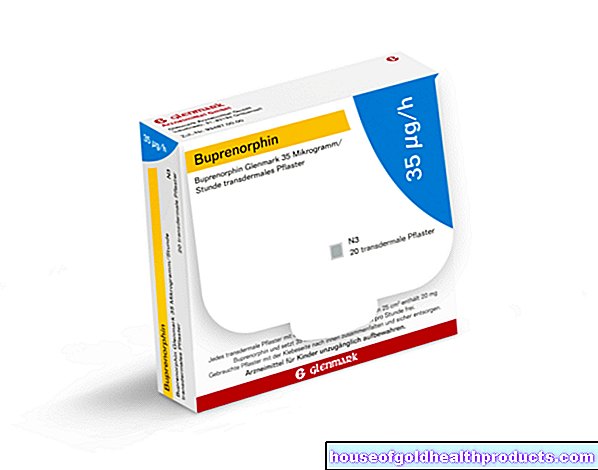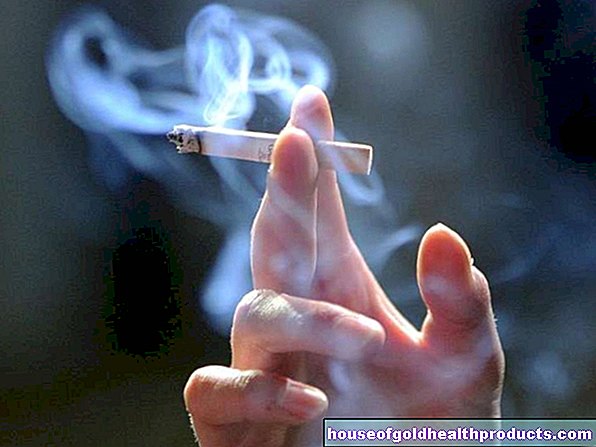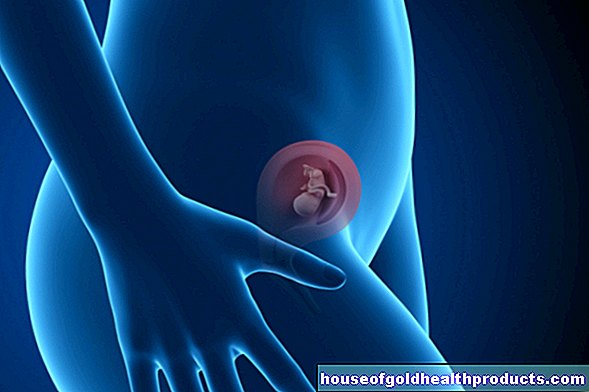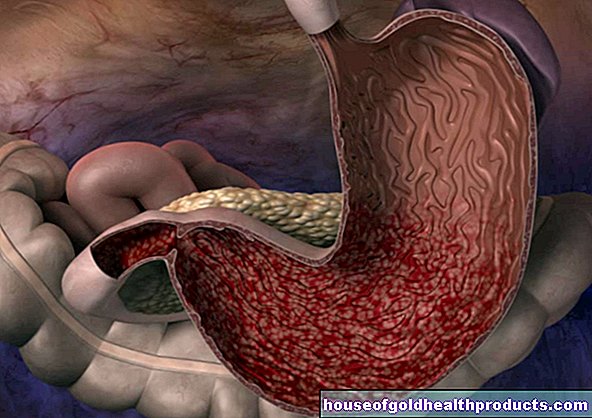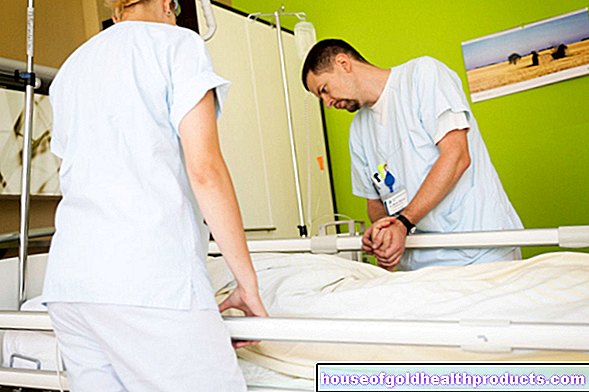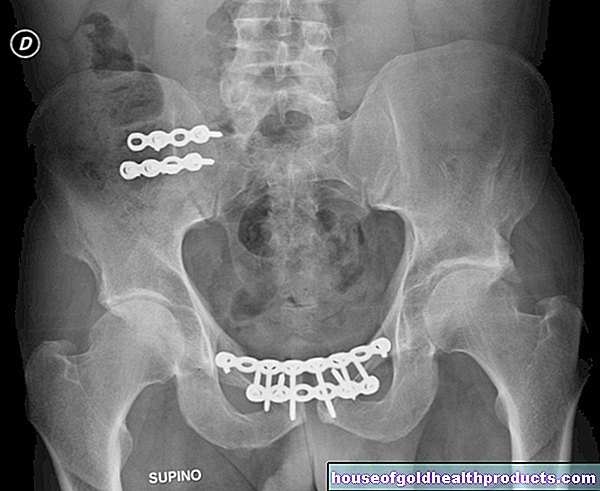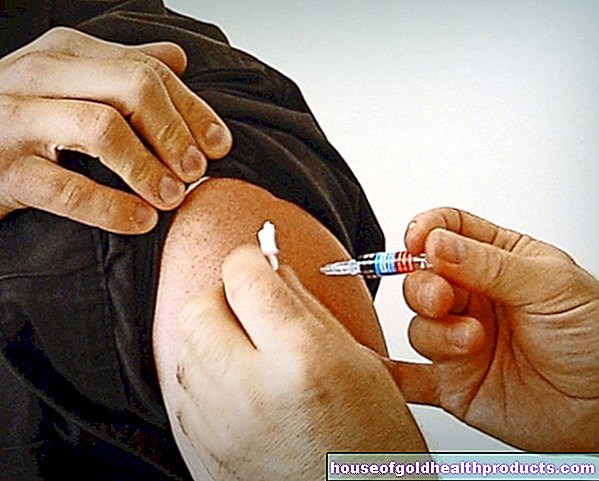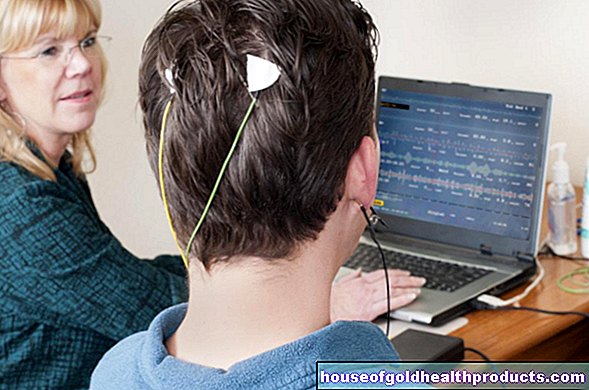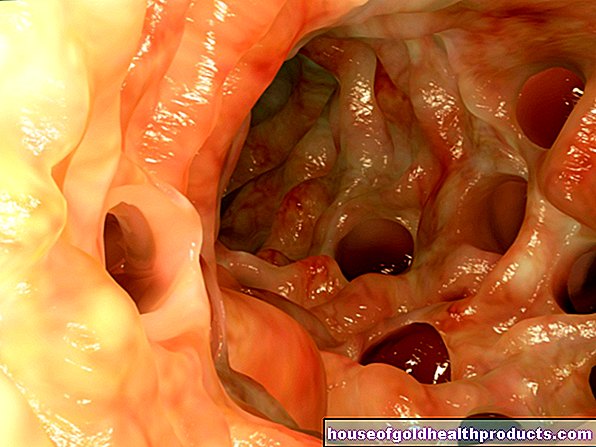Corona vaccination: can the second syringe wait?
Christiane Fux studied journalism and psychology in Hamburg. The experienced medical editor has been writing magazine articles, news and factual texts on all conceivable health topics since 2001. In addition to her work for, Christiane Fux is also active in prose. Her first crime novel was published in 2012, and she also writes, designs and publishes her own crime plays.
More posts by Christiane Fux All content is checked by medical journalists.In Germany, vaccinations against the coronavirus have been taking place since the end of December 2020.But the vaccine is not even enough for the most vulnerable risk group. Also because two vaccinations every three weeks are currently necessary for complete immune protection. Now the second dose is to be withheld for those who have already been vaccinated. Is that possible?
In order to enable more high-risk patients to have an earlier vaccination appointment, Health Minister Jens Spahn is currently having the Standing Vaccination Commission (STIKO) examine whether it is reasonable to extend the time window between the two necessary vaccinations. This is already done in the UK.
Two doses are required for full effectiveness
The catch: The 95 percent vaccination protection, which BioNTech / Pfizer, for example, specifies, is only achieved after the second injection, the so-called booster. The manufacturers themselves have checked a time window of 19 to 42 days for the second injection for full effectiveness. Beyond that, no official data are available.
But in view of the current shortage of vaccines with high numbers of infections and intensive intensive care units that are often busy, many experts currently consider the strategy to be sensible.
Highly effective after the first injection
In studies, the vaccinations (BioNTech / Pfizer, Moderna) showed very good protection against COVID-19 just ten days after the first injection, explains Prof. Leif-Erik Sander, head of the Infection Immunology and Vaccine Research Research Group at the Charité ScienceMediaCenter. "In my opinion, the booster vaccination can easily be given a little delayed without having to expect significant reductions in effectiveness," says the scientist.
The chairman of the Standing Vaccination Commission (STIKO), Prof. em. Thomas Mertens, advocates giving the available vaccine doses as the first dose: the protection is already very good even after just one vaccination and the interval between the two vaccinations is very likely to be variable within wide limits.
Prof. Peter Kremsner, Director of the Institute for Tropical Medicine, Travel Medicine and Human Parasitology at the University Hospital Tübingen, believes that even longer intervals are conceivable: "If the effect of the first vaccination does not decrease quickly over time, the second vaccination could also take place later, for example only after six months, ”he told the ScienceMediaCenter. This is done for other vaccines, but the data is still missing for the corona vaccines.
Manufacturer contradicts
But there are also dissenting voices. Even the USA, which has been particularly hard hit by the pandemic, wants to keep the regular three-week interval. "We know from clinical studies that the optimal administration time for the Pfizer vaccine is 21 days and for the Moderna vaccine 28 days," said US chief virologist Dr. Anthony Fauci in an interview with CNN. There are arguments for extending this period of time, but he would speak out against it.
Pfizer and BioNTech emphasize that two doses of vaccine are crucial to achieve maximum protection. There is no evidence that the first dose alone could protect the vaccinated even after three weeks, the British Guardian quotes the manufacturer.
The European Medicines Agency (EMA) also explicitly warns that the approval is no longer valid if the second vaccine dose is administered after more than 42 days. However, this is currently not the aim in Germany.
Bigger challenges for the organization
But there are other pitfalls. In addition to the possibly reduced immune protection, a delay in the second dose could also cause organizational problems. If the second appointment is late, it is more likely to be forgotten.
Too great a distance could also have a psychological effect and cause some people to believe they are adequately protected with a vaccination and no longer attend the second vaccination appointment. In addition, some high-risk patients have already received their appointments for both vaccinations, which could cause confusion.
Make six out of five
Another possibility of being able to vaccinate more people in the short term, however, does not seem to be a problem and will probably be implemented in the next few days.
Thus, not just five, but six vaccination doses can be drawn from the vaccination tube with the BioNTech / Pfizer active ingredients. The prerequisite is that you use special syringes and cannulas. In this way, the number of vaccinations with the available material could be increased by 20 percent from now on.
Tags: pregnancy birth alcohol therapies
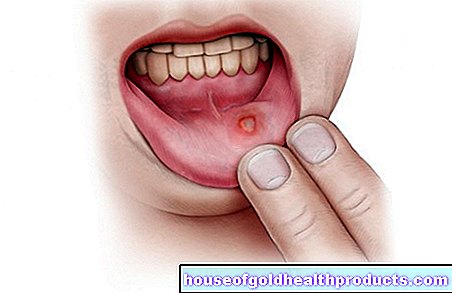
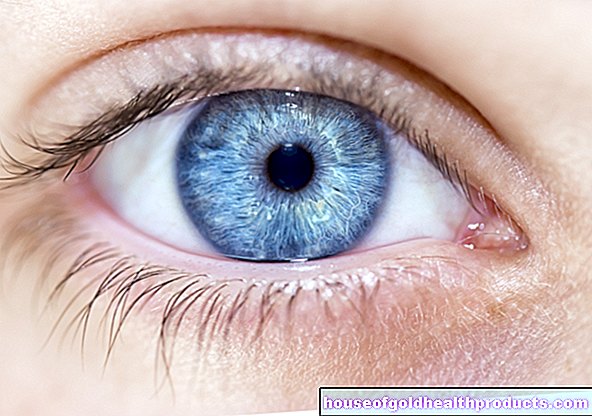
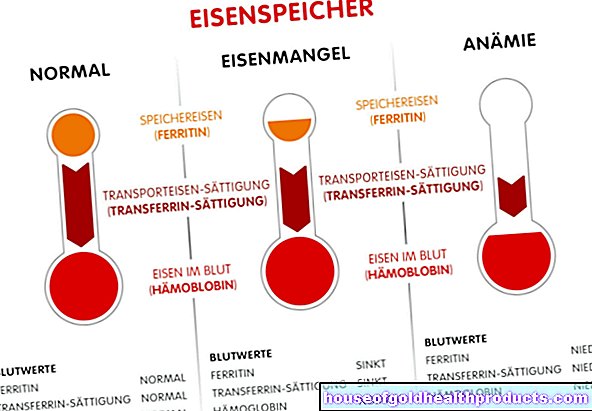
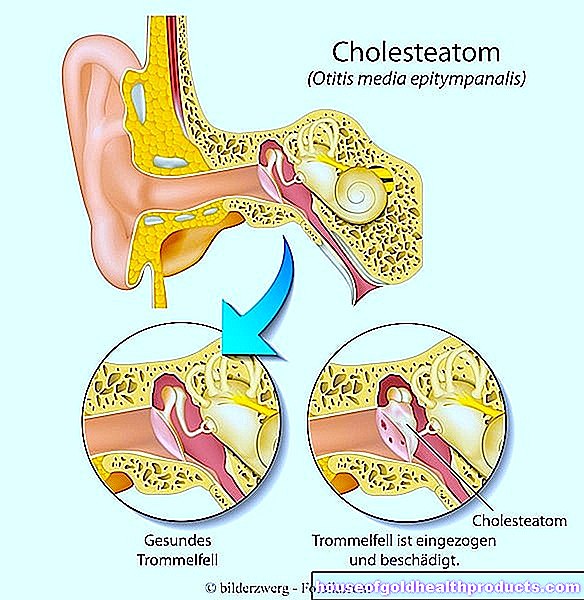
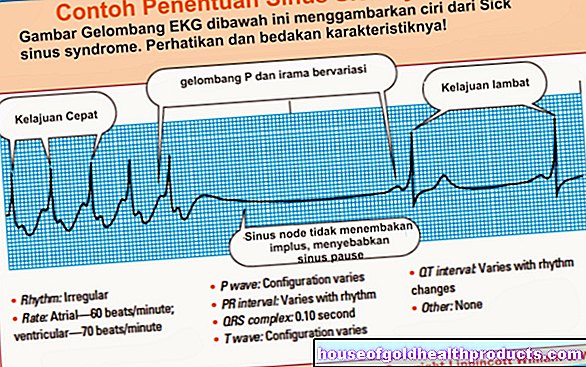
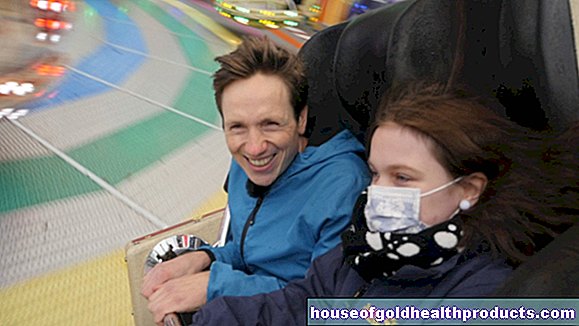
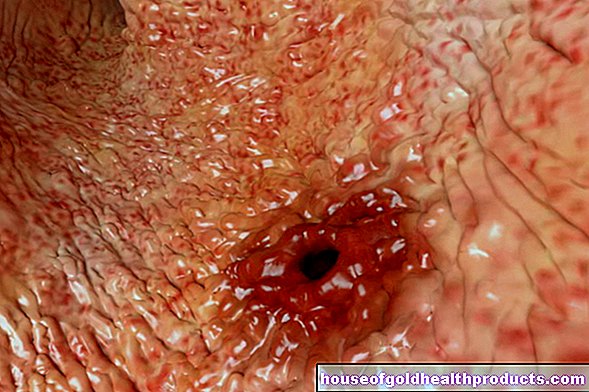

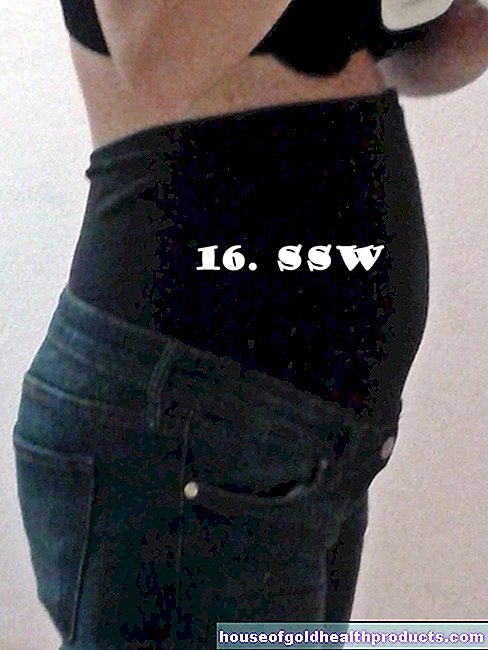
.jpg)
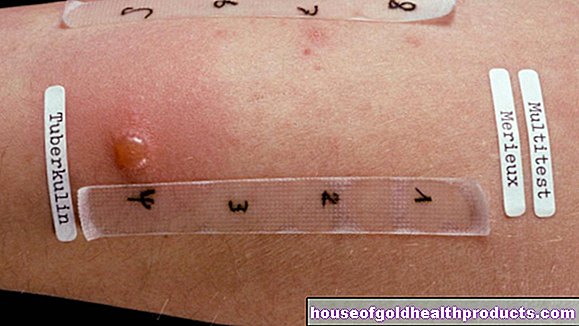



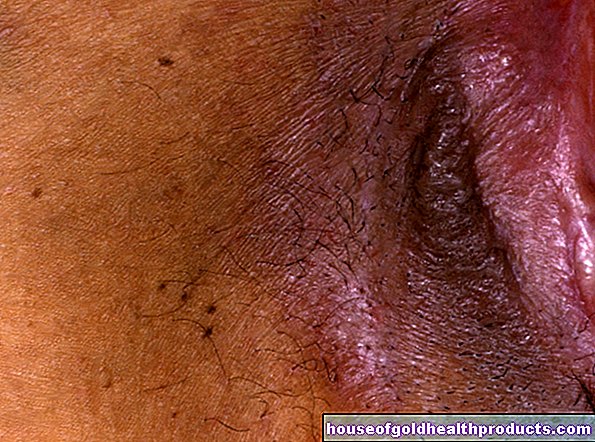

.jpg)
